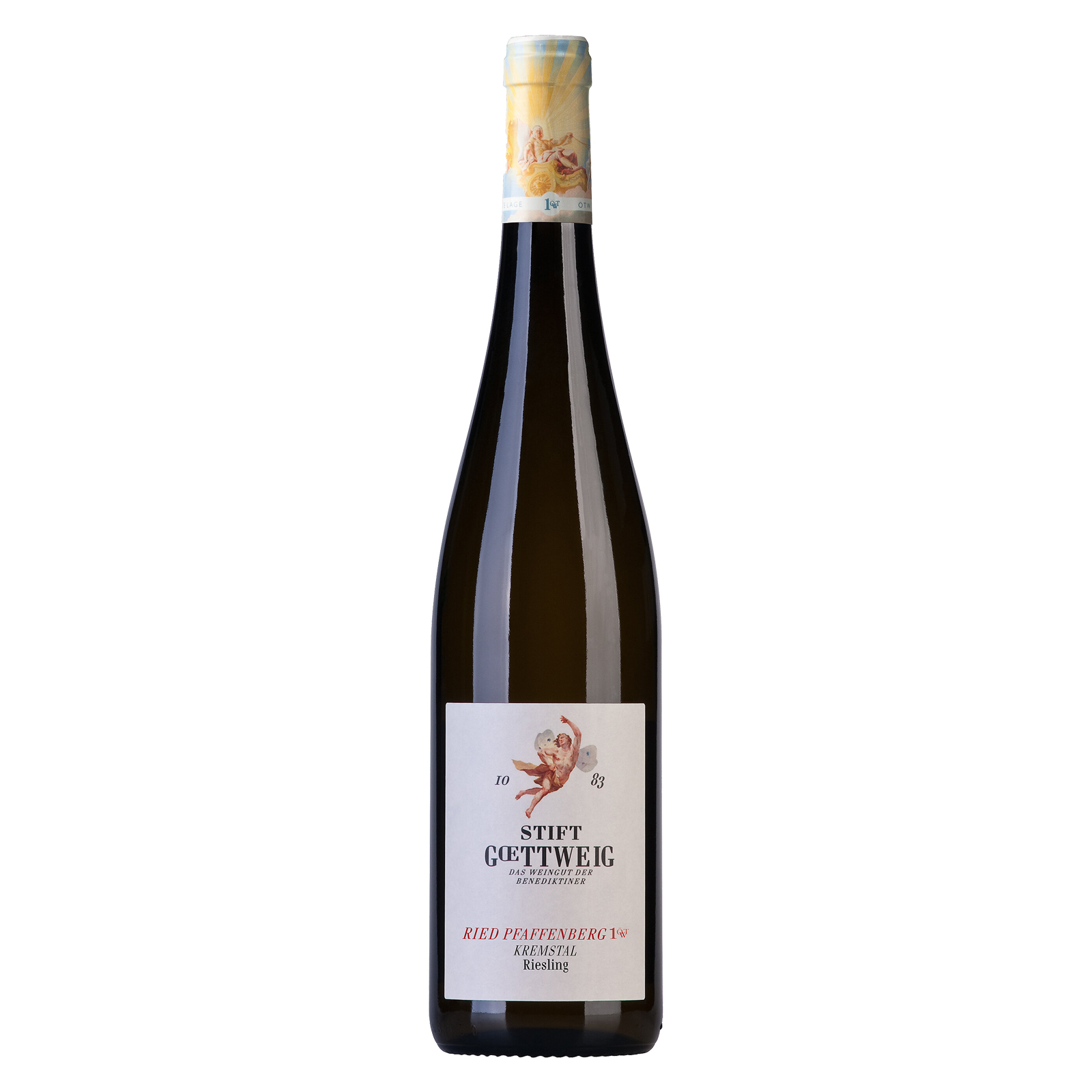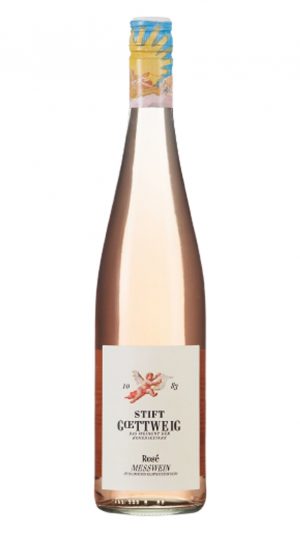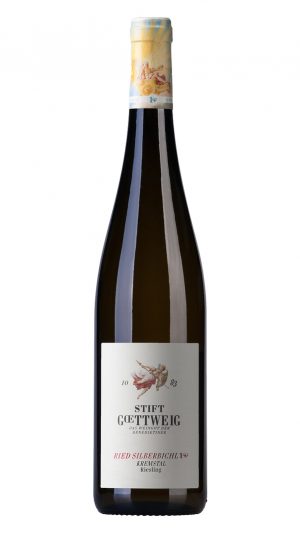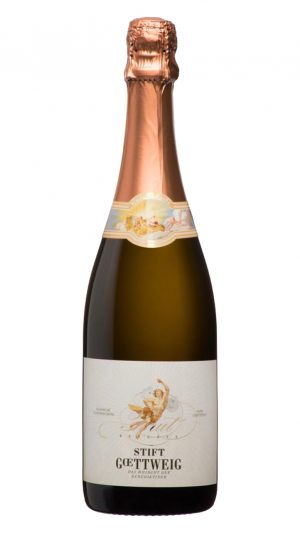Stift Göttweig Pfaffenberg Riesling 2019
Type: White
Country: Austria
Region: Kremstal
Grape Variety: 100% Riesling
Climate: Climatic conditions similar to the Wachau, if only slightly warmer, the Kremstal benefits from the easterly warm winds of the Pannonian basin and cool, humid breezes from the Waldviertal forest to the north
Terroir: The Pfaffenberg on which the riesling grows for the Stift Göttweig Riesling Ried Pfaffenberg was first mentioned as “mons clericorum” in the 13th century. The steep south-southeast terraced site, very close to the Danube, is highly exposed to wind and temperature variations. The geological subsoil consists of weathered rocks such as Gföhler, granite, gneiss, mica and in some places amphibolite. Only a 60 cm loess layer is found in the higher soil layers. Weingut Stift Göttweig cultivated approximately 0.24 ha of Riesling on the Pfaffenberg
Winemaking: The Riesling grapes are hand-selected when they are perfectly ripe in October. This is followed by a maceration of 6 hours. The fermentation takes place in stainless steel tanks, after which the wine is allowed to age for another 7 months on the fine lees. This wine has a very long ageing potential of 20 years due to the acids naturally present in the Riesling
Color: Pale yellow
Nose: Tropical notes of passion fruit and crushed lemon balm
Palate: Zesty and juicy
About the Winery:
The historic wine estate Stift Gœttweig was founded around 1083 by St. Altmann, the bishop of Passau. In 1094 it was bequeathed to the Benedictines, whose economic centre was already forestry and viticulture.
The baroque abbey complex, which was destroyed after a major fire in 1718 and was subsequently redesigned and built by the architect Johann Lucas von Hildebrandt, is located on the eastern edge of the Danube valley of the Wachau, opposite the city of Krems.
At an altitude of 449 metres above sea level, individual parcels of land in the Ried Gottscheller, Ried Silberbichl and Ried Pfaffenberg vineyards produce an enormous variety of wines, which benefit greatly from the geological differences here: from gravelly-sandy soils, loess and clay to the weathering of primary rocks, the soils have a wide variety of characteristics and give the wines cultivated a very special characteristic.
The microclimatic conditions here on the southern bank of the Danube are also very varied. From the area of the Dark Stone Forest, cool air blows towards the Gœttweiger vineyards and vents them. In general, the Danube area has natural humidity and rather warming pannonic air masses. Particularly in the individual vineyard Ried Pfaffenberg, which is situated near the Danube to the southeast, the cultivated vines are exposed to strong winds and temperature fluctuations. Fritz Miesbauer, winegrower of the Gœttweig Monastery Winery, knows how to handle the different soil and climate conditions of his vineyards perfectly and, with the support of his team, produces excellent wines that reflect the character of the region.






